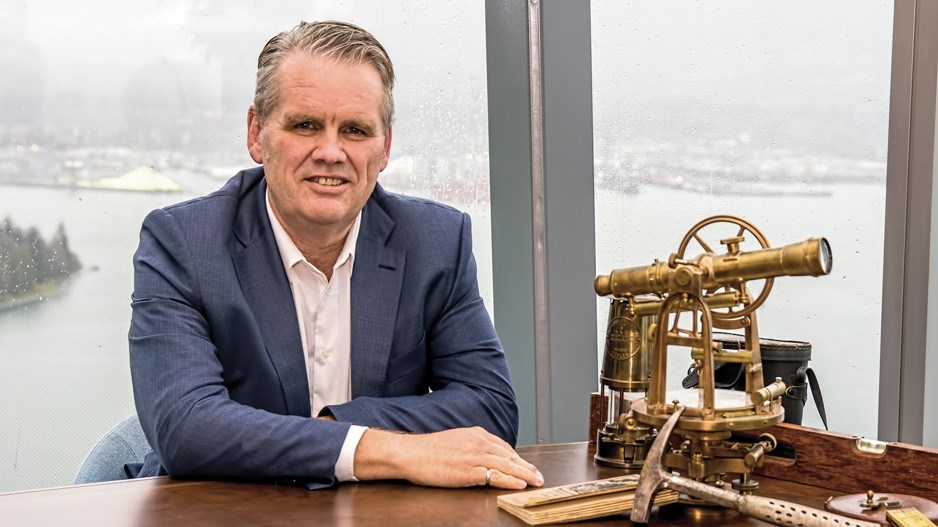For critical mineral miners, the push for decarbonization is a big opportunity, but it’s also a conundrum. Mining is, by nature, energy and carbon intensive.
The more minerals you dig out of the ground for the raw materials that go into decarbonization technology – batteries, solar panels, nuclear power plants, wind turbines – the more emissions you produce.
As a streaming company that finances mines around the world, Wheaton Precious Metals (TSX,NYSE:WPM) is keenly aware of mining’s greenhouse gas footprint. The company is therefore trying to promote innovations that decrease mining’s carbon intensity.
In September, at the Denver Gold Forum, the company announced its $1 million Future of Mining Challenge to support cleantech companies commercialize their technologies.
The challenge will be held annually, with the winner announced in March at the Prospectors and Developers association of Canada (PDAC).
“In the end, it’s all about efficiencies and it’s about improving performance – producing more product with less impact,” Wheaton CEO Randy Smallwood said.
The inaugural challenge is for innovations in decarbonization, which could range from new technologies to innovative processes that reduce emissions mining operations.
The challenge got responses from 80 companies in 25 countries, and ultimately got 30 applications from cleantech companies.
“More than half of them came from Canada,” Smallwood said. “We’ve got some pretty exciting opportunities that we’re going through right now. It’s going to be touch picking only one winner.”
The goal of the prize is to help cleantech companies get over the development stage hump to commercialization.
“What we’re trying to do is focus on support at the development stage,” Smallwood said. “There’s a lot of great ideas out there that just need a bit of extra support to get commercial franchise.”
By announcing the winner at PDAC, the goal is to bring the technology to the attention of mining companies that may want to invest in the technology, or trial it at their mining operations.
“We’re looking for opportunities that are at that development stage, where they just need that business partner, that operational partner, that apply and prove and ideally get it to a commercial success,” Smallwood said.
Smallwood’s team is still going through the submissions. He said a number of them focus on CO2 sequestration at mine sites.
“There’s also other proposals where you can dramatically improve efficiencies with respect to power generation, etcetera,” he said. “One of the challenges of mining we always have is power – where do you get your energy from?”



